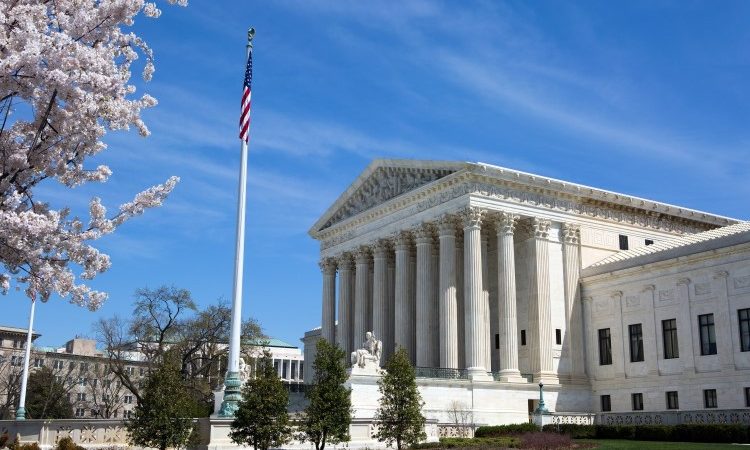The May 2017 verdict rendered by the U.S. Supreme Court in Heartland LLC v. Kraft Foods Group Brands LLC (“Heartland”) was a powerful blow to non-practicing entities (“NPEs”) seeking to enforce their patent rights. NPEs, sometimes colloquially known as “patent trolls”, are entities which acquire patents for the primary purpose of enforcing those patents through legal action and which do not produce products or offer services related to those patents. Suits by NPEs for better or worse have become a significant expense to companies in many industries, particularly companies who are at the forefront of innovation. Over the years an effective tool used by NPEs in winning cases and forcing settlement has been the shrewd selection of a sympathetic legal forum.
Venue selection (“forum shopping”) is an important aspect of litigation strategy since particular courts may have a tendency to regularly favor one type of party over another. With respect to patent litigation, in past years NPEs had been suing manufacturers, software developers, service providers, and pharma and technology oriented companies in the Eastern District of Texas, which court had become the venue for nearly a third of patent cases filed annually leading up to the May 2017 Heartland decision. The Eastern District of Texas is considered by many as pro-plaintiff and has hosted a number of what some have argued to be frivolous lawsuits.
In the Heartland opinion, Justice Clarence Thomas cited Fourco Glass Co. v. Transmirra Products (1957) which he indicated as having been previously misinterpreted with regard to the application of statute governing venue for filing suit. The Supreme Court now holds that “a domestic corporation “resides” only in its State of incorporation for purposes of the patent venue statute.” The standard for establishing venue is that a defendant can be sued where defendant resides or where it “has a “regular and established place of business”. Prior to the Heartland ruling, a defendant arguably could be sued in any federal court, provided that it had sales in that particular district. Now many patent infringement cases may be filed in districts like Delaware, New York, or California where numerous manufacturing and tech companies have filed articles of incorporation or otherwise have such “regular and established place of business”.
Moreover, a panel of Federal Circuit judges have provided clarification on what constitutes a “regular and established place of business” in their recent decision in In re Cray Inc. (2017). The test set forth requires a “physical place in the district”, which physical place must be a “regular and established place of business” and which physical place must be a “place of the defendant”. The decisions in Heartland and In re Cray have signaled a fundamental change in the determination of venue. If a particular corporation does not have a physical location and is not incorporated in a particular district, it is unlikely that a federal case may be properly filed against the corporation in that district. Overall, the tech and pharmaceutical industries which are often targeted by NPEs are likely to be major beneficiaries of the Heartland and In re Cray decisions. Regardless of the industry, it may be less advantageous from a cost and outcome standpoint for NPEs and litigation firms representing patent owners to file actions against alleged infringers if they are unable to choose a favorable venue.

